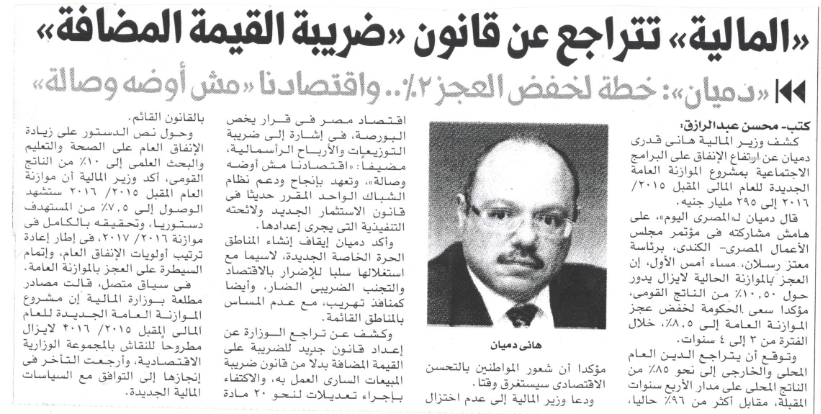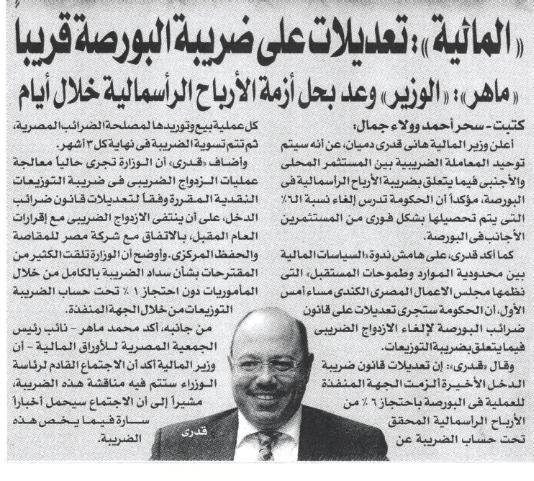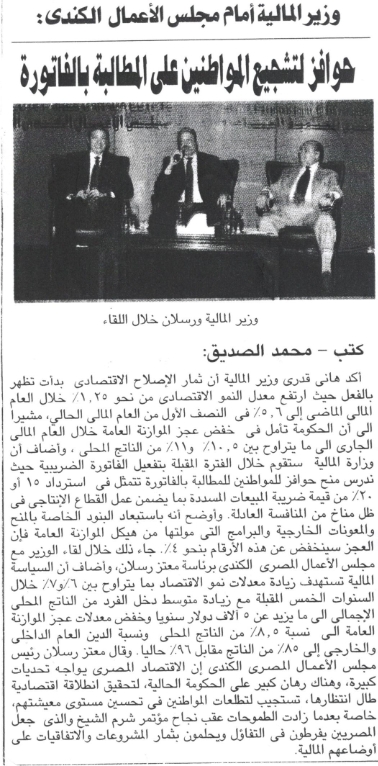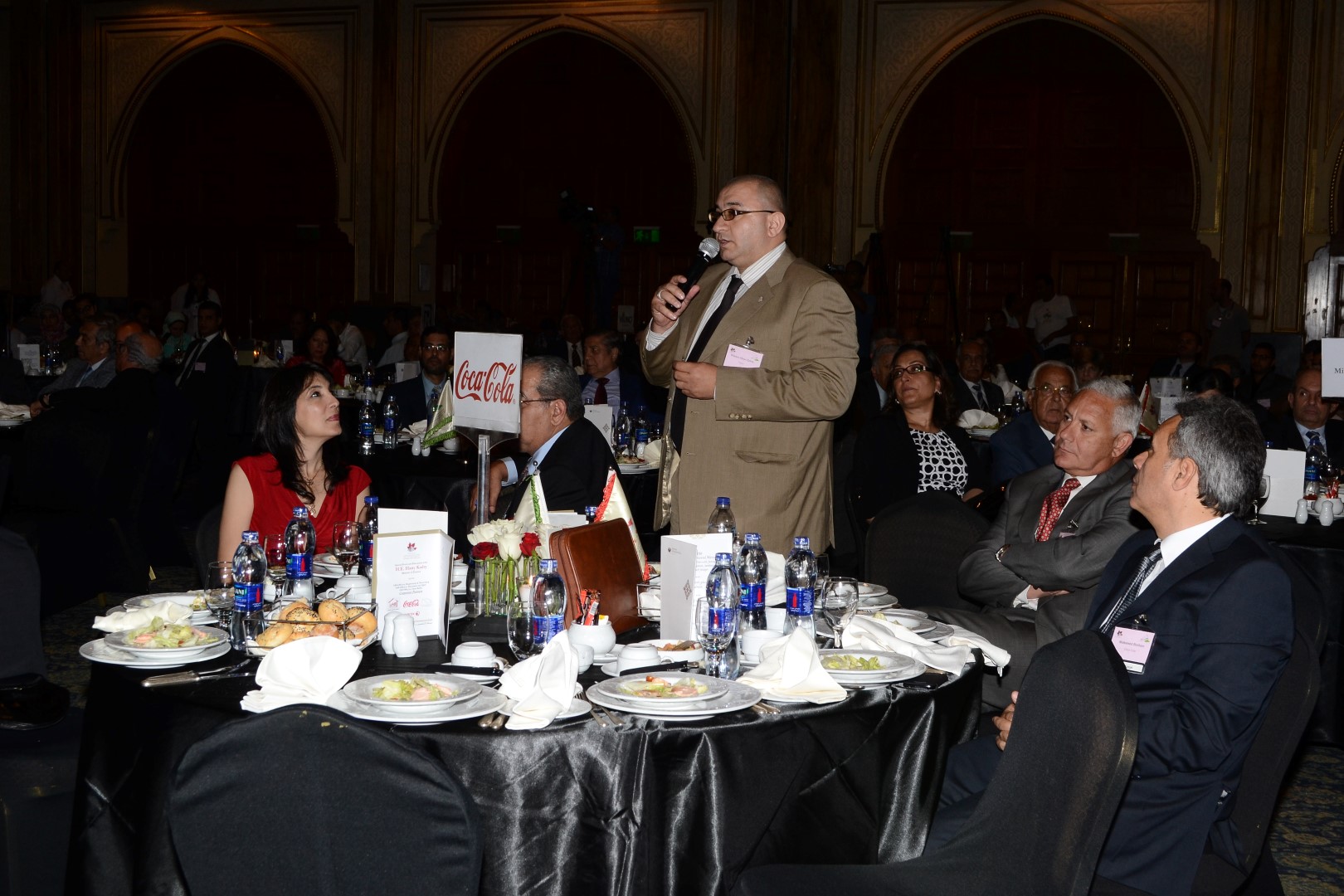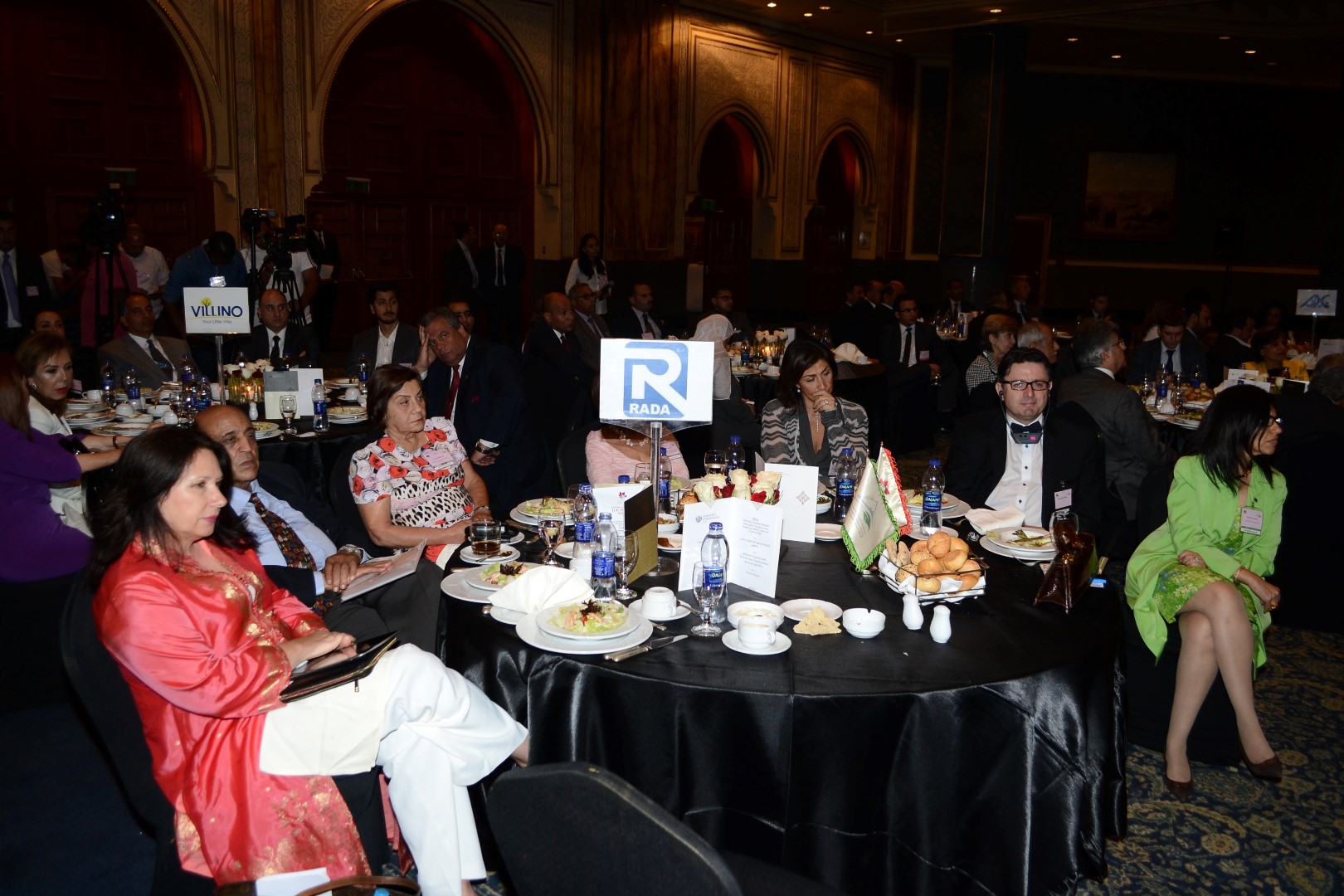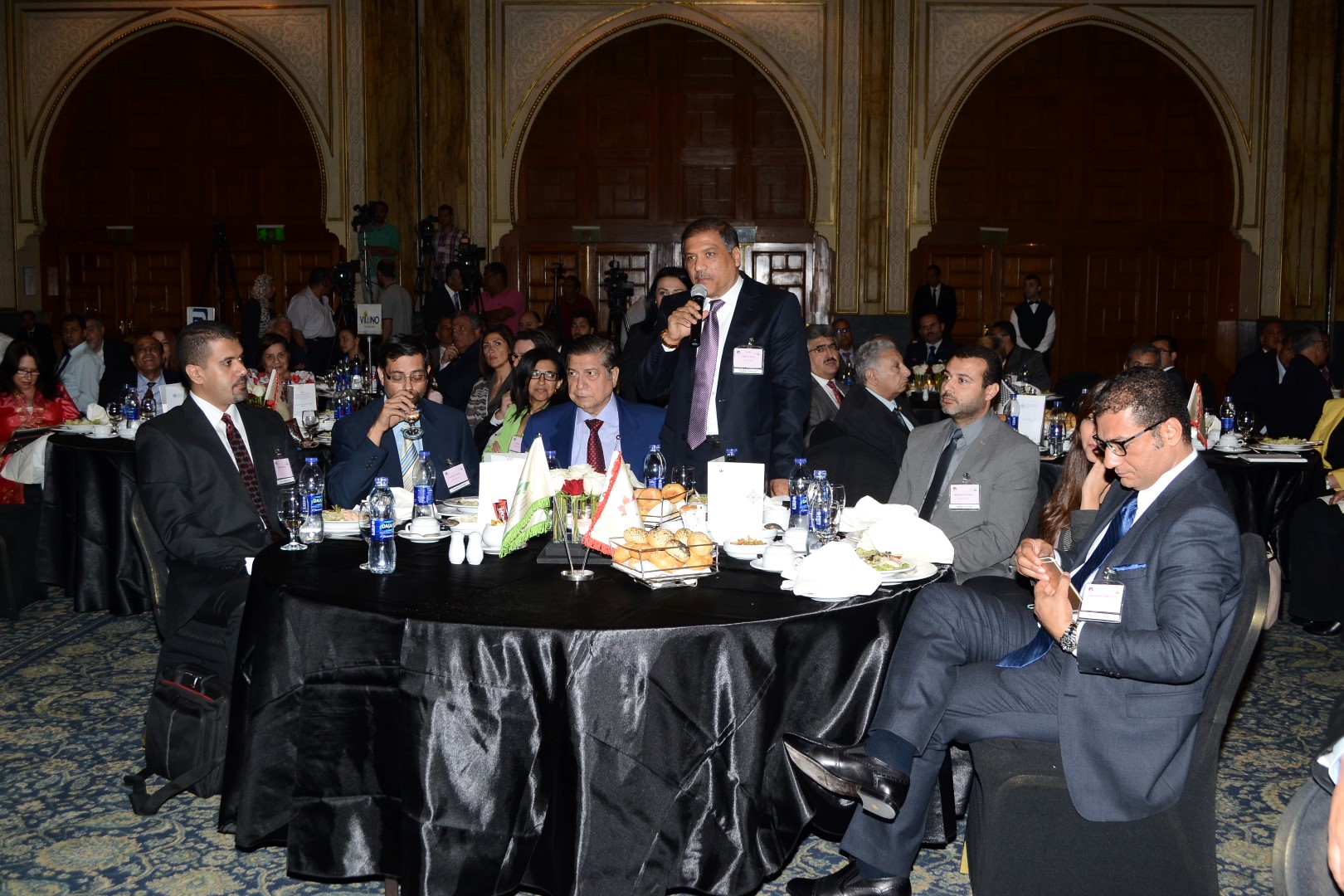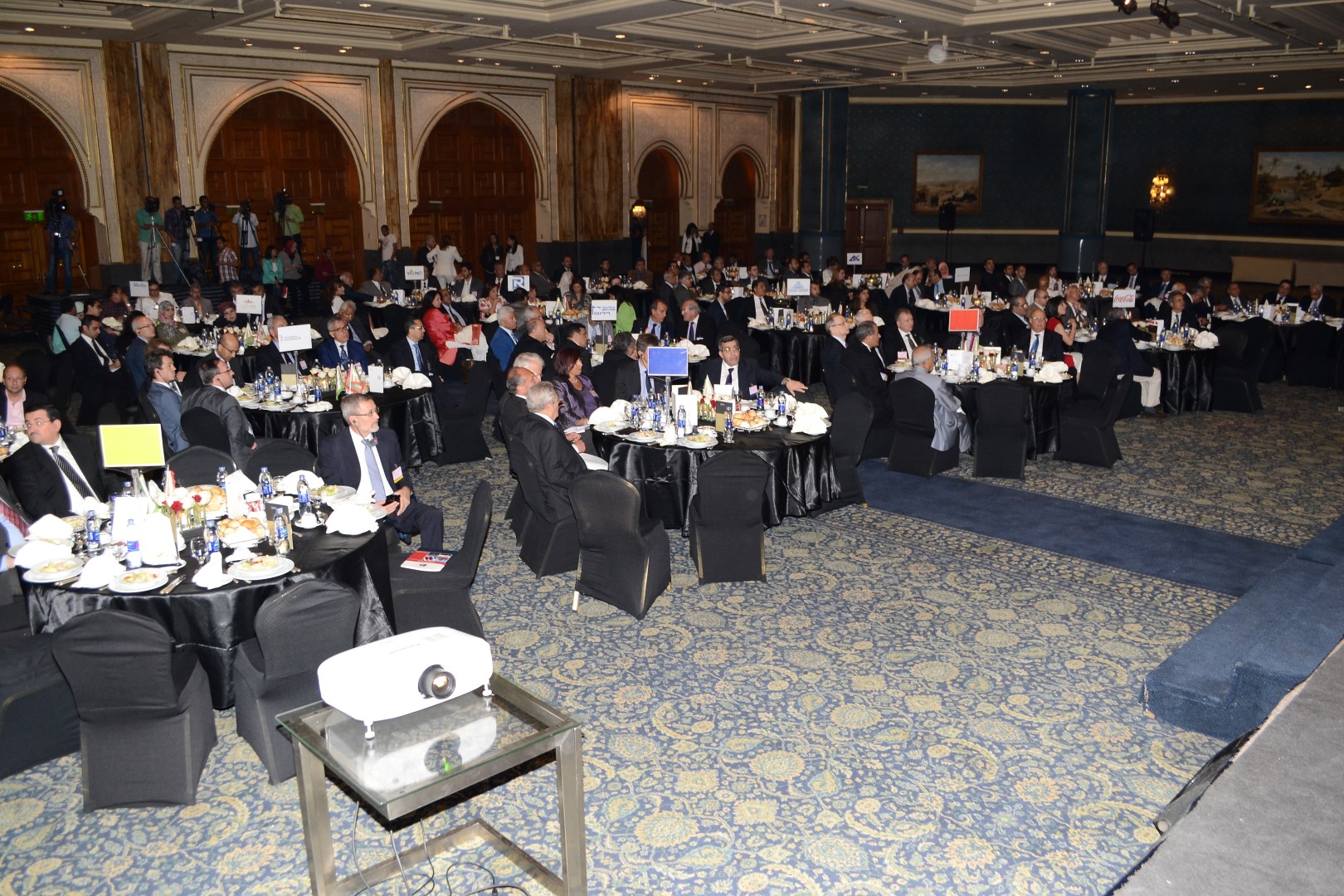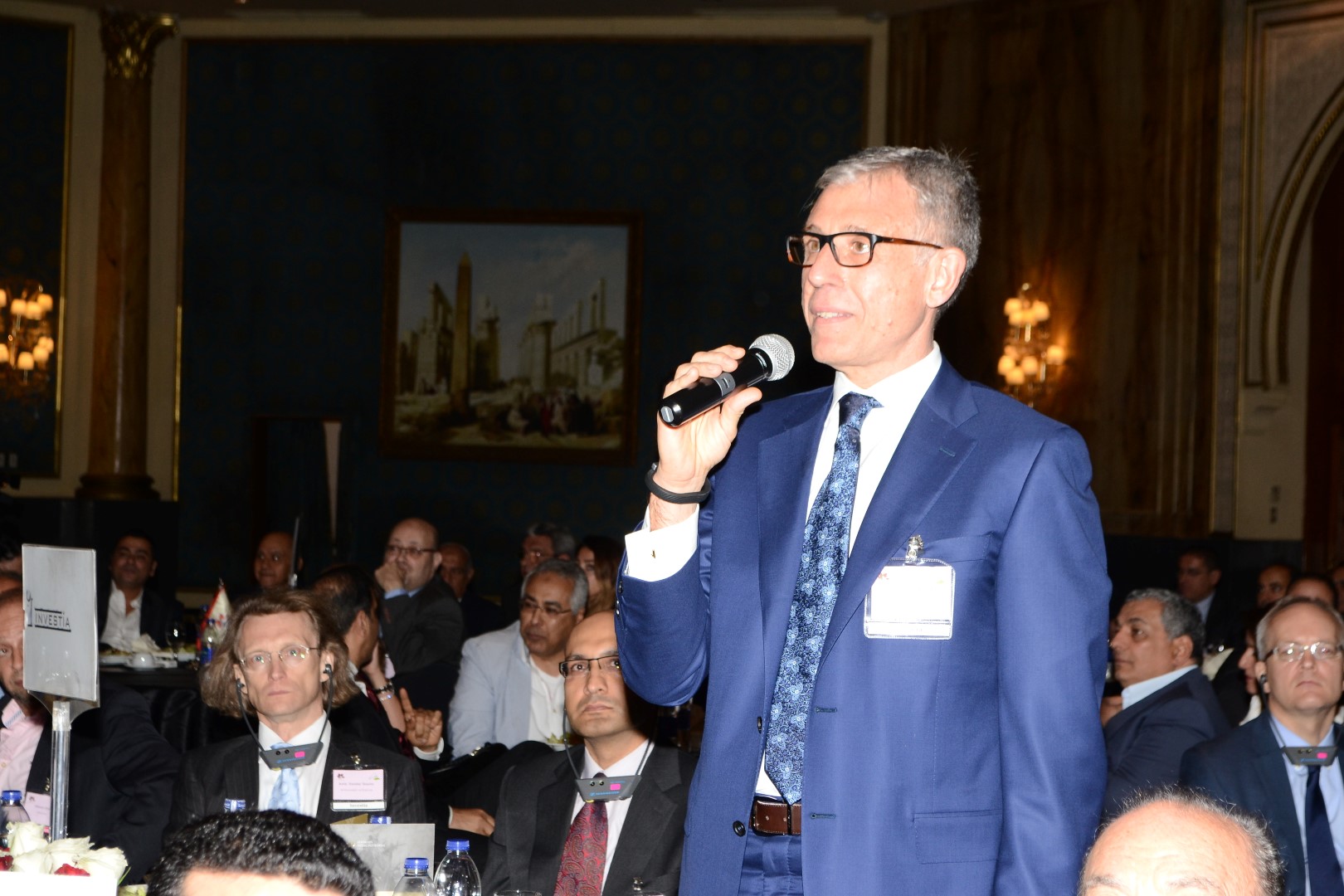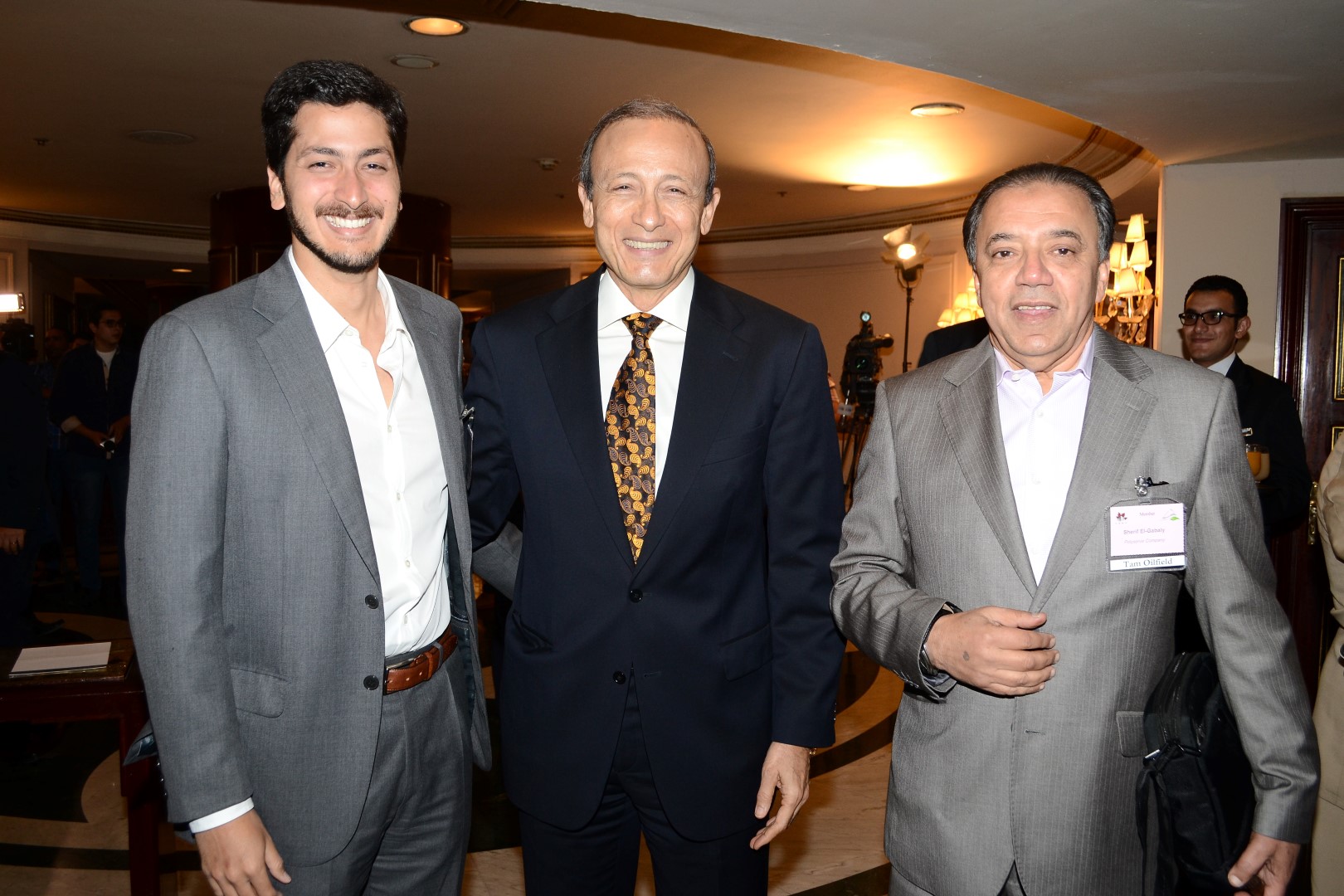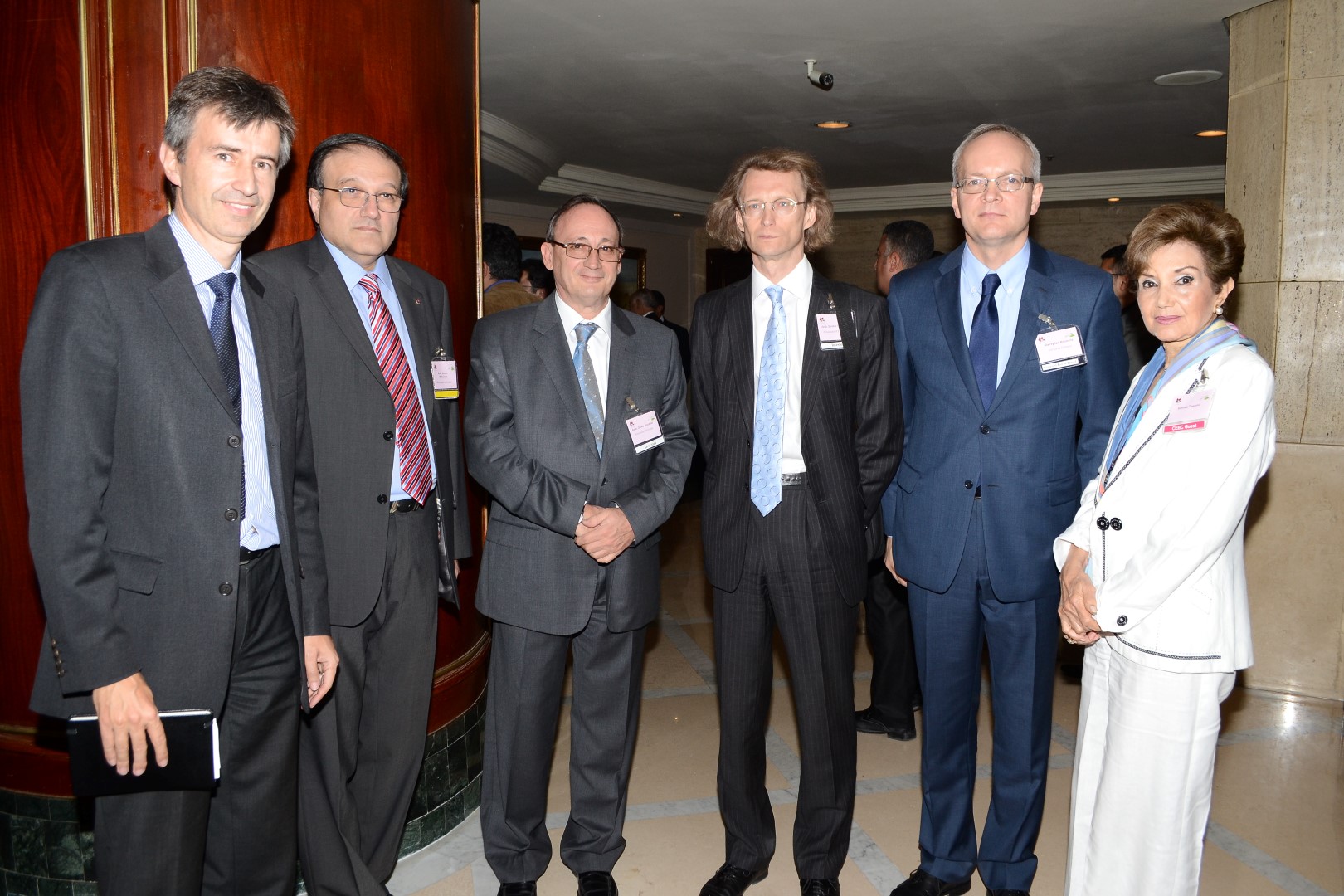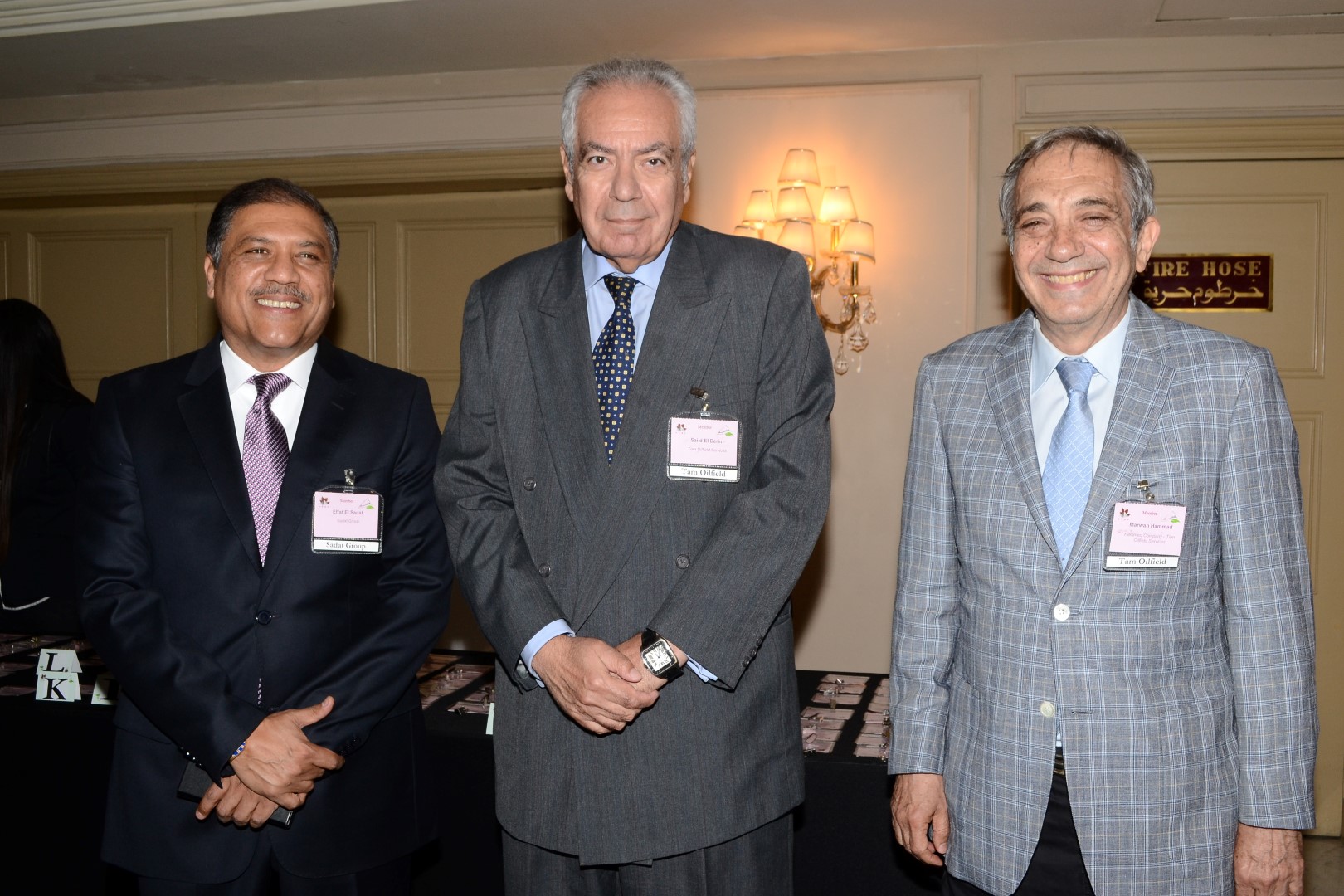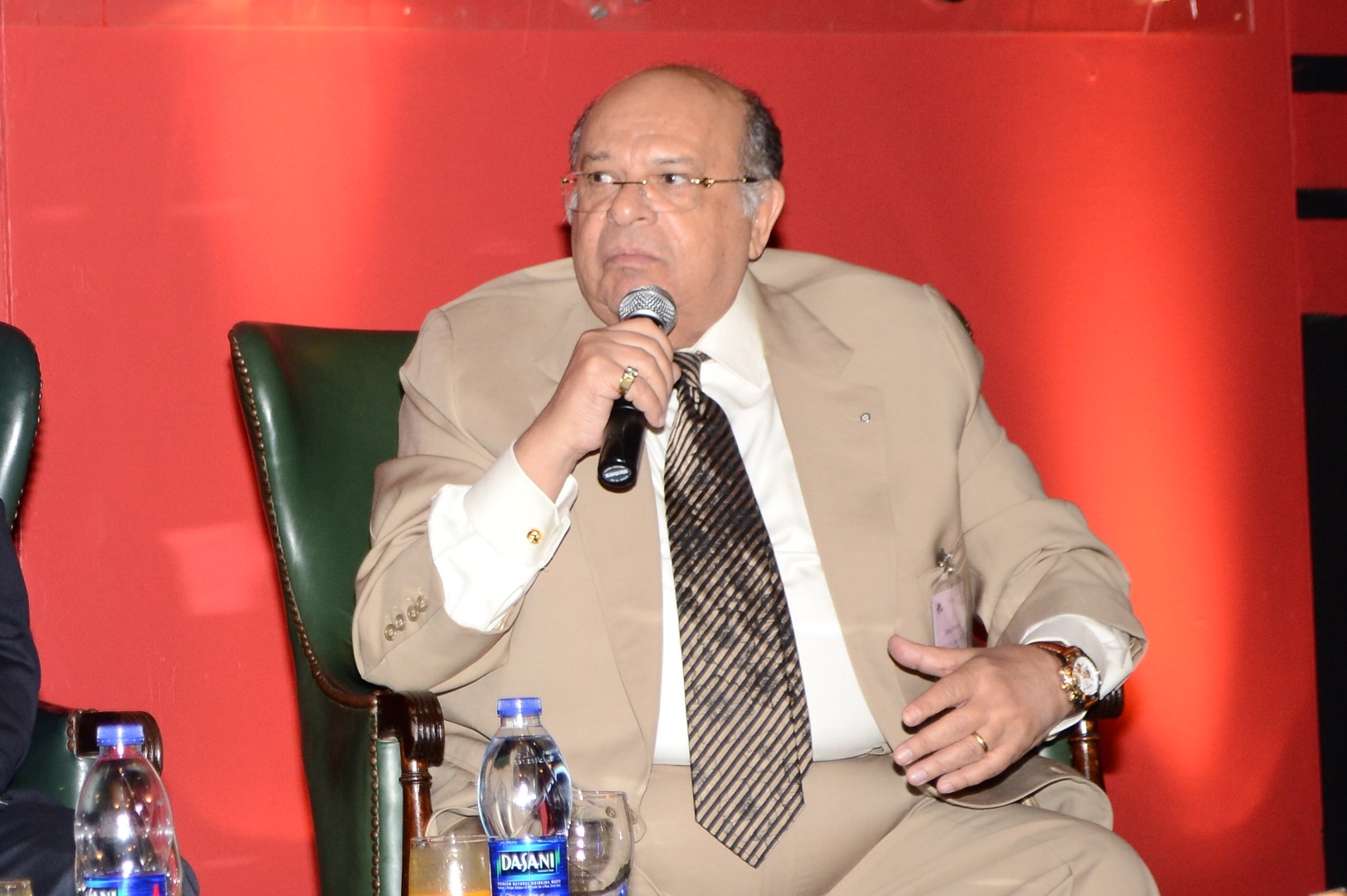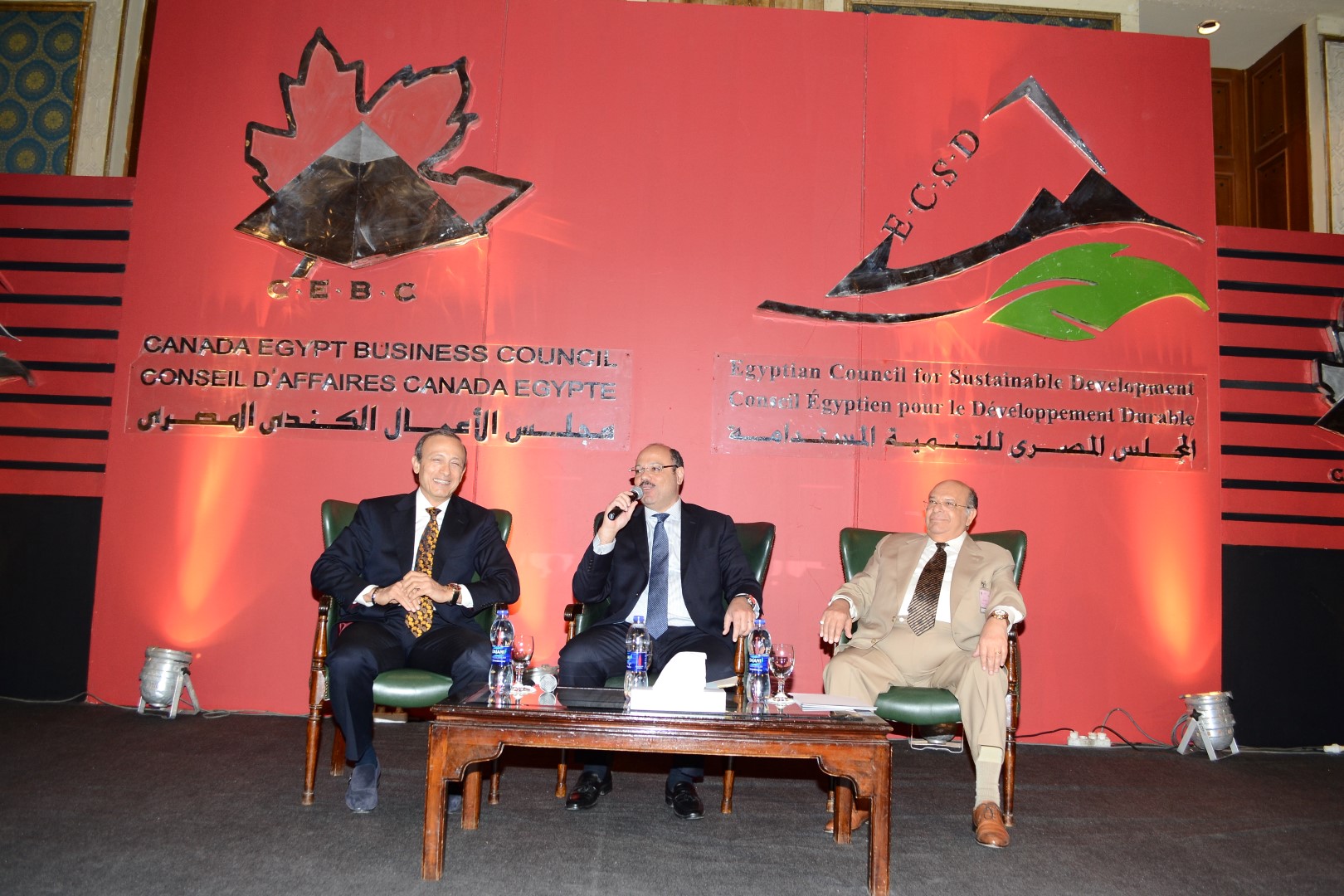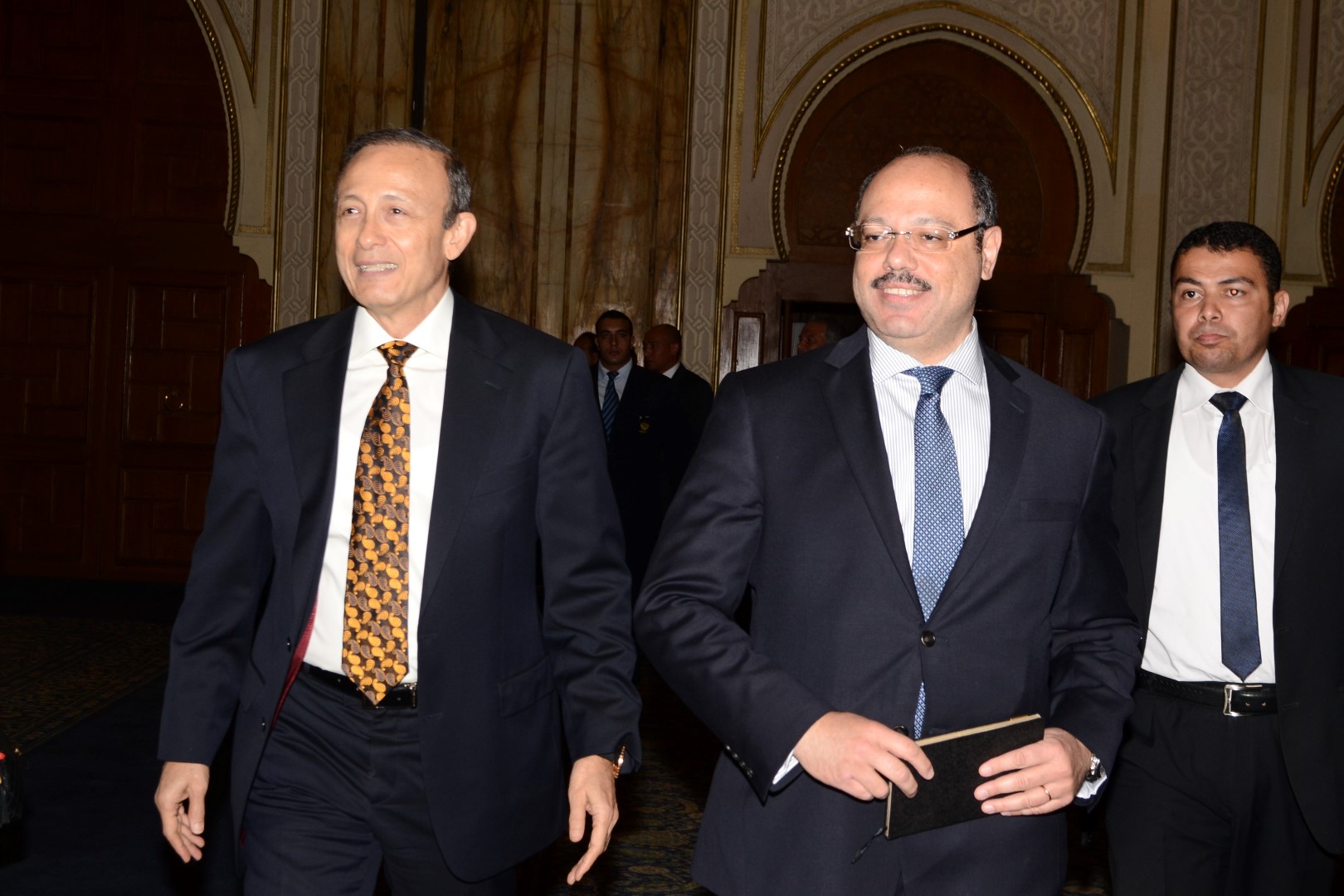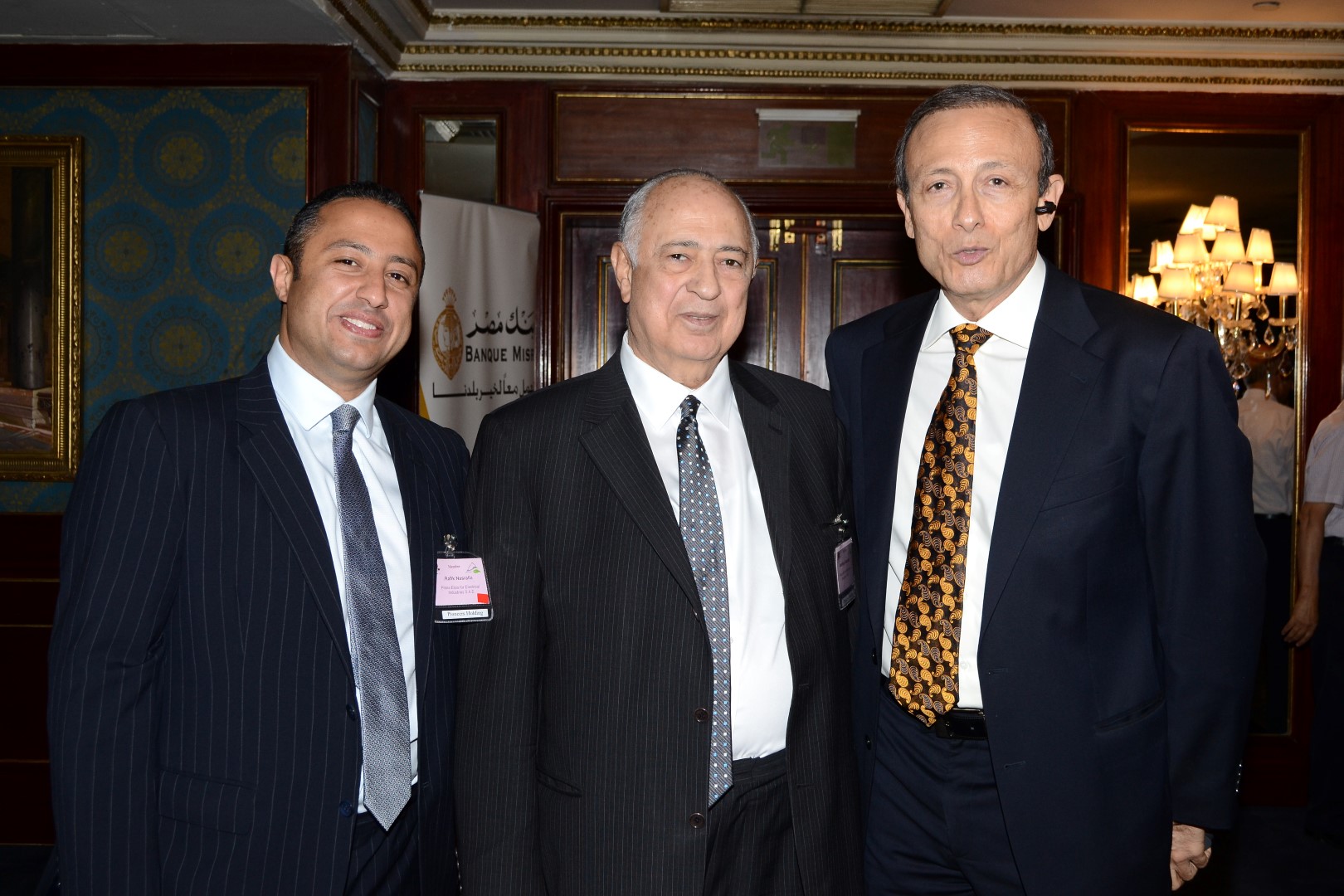
Date
Speaker(s)
Designation
Description
Under the title “Fiscal Policy…between Limited Resources and Aspirations of the Future”, the Canada Egypt Business Council (CEBC) and the Egyptian Council for Sustainable Development (ECSD) hosted a panel discussion featuring H.E. Dr. Hany Kady Minister of Finance. Esteemed guests and previous ministers including Dr Mostafa Al Saeed, Dr. Hassan Younes, Dr. Hany Helal, Dr. Safwat El Nahas, Dr. Osama Heikal, Dr. Ahmed Zaki Badr, and Dr. Amr Ezzat Salama attended the discussion, as well as CEBC’s and ECSD’s esteemed members, guests, businessmen and reporters.
Ambassadors of Afghanistan, Albania, Armenia, Bulgaria, Ecuador, Estonia, Germany, Republic of Belarus, Republic of Serbia, Netherlands, Switzerland, Russia, as well as the Canadian Ambassador to Egypt Troy Lulashnyk were also in attendance.
In his opening words Eng. Motaz Raslan remarked Egypt is facing a critical situation when it comes to the economy. He expressed that there is a need to strike a fine balance of economic stability, economic development, and the up keeping of people’s social livelihood. Minister Kadry assumed the floor following the Chairman and explained to the audience that the government is in the process of carrying out and implementing for Egypt a long-term vision in order to achieve the fine balance that the Chairman was addressing.
The minister stressed the importance of balancing between the current and urgent issues facing Egypt on one hand, and long-term economic growth plans on another. More importantly he said that the economic reforms needed to be felt throughout the entire country. This means that the economic reforms that the government is planning needs to have financial inclusion which would lead to “trickling down effect” in order to benefit people from all different income levels.
Kadry confessed, however, that the country’s economic climate is challenging, as year after year Egypt still suffers from a budge deficit, despite huge efforts to minimize it. When it comes to this year’s budget deficit, the minister said that it is projected to be 10.5% of the GDP, while the aim is to cut it down to 8.5% within three fiscal years.
On the bright side, he highlighted that Egypt’s economy has been growing steadily. In the short period of the first half of the current fiscal year alone it has reached 0.6% growth. He added that this is a good indicator that reflects positive market movement and increased production.
A recent constitutional decree mandated that for the fiscal year 2016/2017, 10% of Egypt’s GDP is to be spent on the sectors of health, education, and scientific research. Minister Kadry explained that this is by no means an easy feat to dedicate a certain amount of the GDP to certain expenditures. Still, he said that Egypt is on the right track as it is projected that by the fiscal year 2015/2016 the expenditure will reach 7.5%, indicating that Egypt is moving at a rapid pace to reach that vital goal.
The minister also talked about the government’s recent measures in order to re-appropriate public spending. One measure included decreasing energy subsidies by 2%. He highlighted that for the longest period of time and throughout many years, spending on health and education combined was less than the government’s spending on petroleum-based fuels alone. Some steps of this re-appropriation of funds have started to pay off. Now benefits are directed into much needed societal issues that contribute to Egypt’s social development and helping the largest sector of society.
When it came to the issue of taxes, the finance minister assured that despite an implementation of the value added tax (VAT) that is to take place in the near future, that the ministry’s main focus for the future is on non-tax income. He expressed that financial stability cannot reply solely on taxation laws. That’s why the ministry is aiming to encourage investment with concrete incentive measures. He also explained that unlike previous years where incentives were given in the form of energy subsidies, those incentives are now being given to industries with high rates of employment rather than high consumption of energy.
Minister Kadry highlighted that this shift in approach is not just about increasing spending on specific sectors such as health and education, but it is also by trying to increase the quality of these services in order to improve the lives and make a concrete change in as many people as possible.
The floor was then opened for a lengthy questions session where a wide range of important topics were raised such as the stock market tax, specifics of the VAT, and suggestions to entice foreign investment in Egypt.


